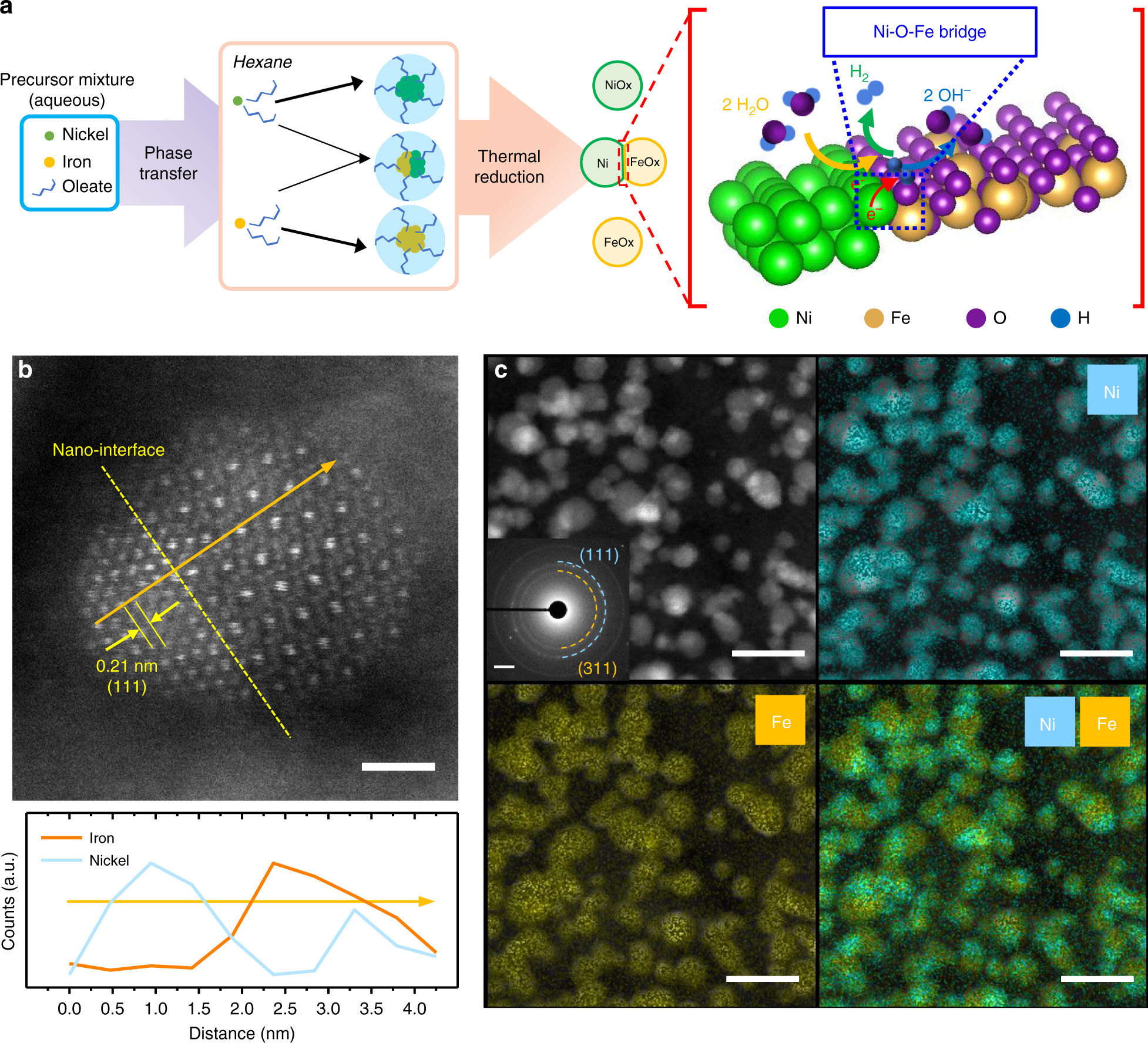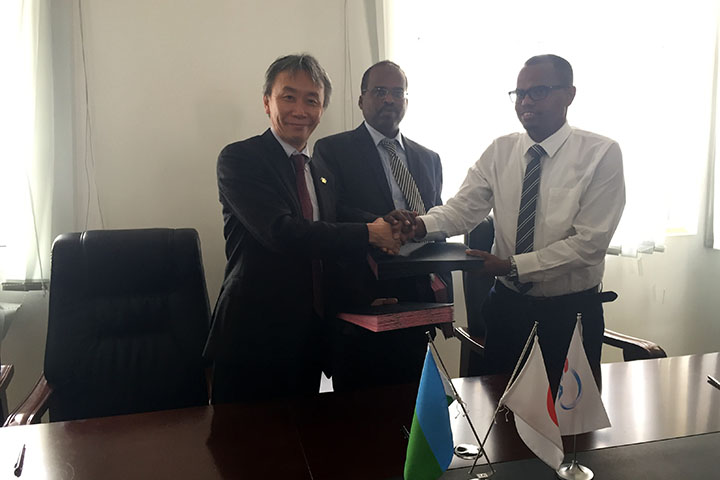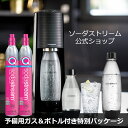(Scientists find cheaper way to make hydrogen energy out of water)
2019/12/11 オーストラリア連邦・ニューサウスウェールズ大学(UNSW)

・ UNSW、グリフィス大学とスィンバーン工科大学が、鉄とニッケルの低コスト金属を使用した水電解で水素を生成する技術を開発。
・ 2 本の電極を触媒でコーティングしてエネルギー消費量を低減。触媒で鉄とニッケルが原子レベルで接触するナノスケール界面が、水を分解する活性部位となる。
・ 2015 年に開発したニッケル-鉄電極触媒では記録的な高効率が得られたが、ニッケルと鉄はそれら自体では水素生成に優れた触媒にならない。ナノスケールにてそれらが接触することで、優れた効果が得られる。
・ ナノスケール界面はこれらの材料の特性を本質的に変化させる。本研究結果は、水素生成においてニッケル-鉄電極触媒が白金のそれと同等の活性を提供できることを示す。
・ 同ニッケル-鉄電極触媒の追加的な利点は、水素と酸素の両方を生成すること。鉄とニッケルは、キログラム当たりの価格がそれぞれ$0.13 と$19.65。一方、ルテニウム、白金、イリジウムは、グラム当たりの価格がそれぞれ$11.77、$42.13、$69.58 と数千倍。賦存量が豊富で安価な元素の利用による生産コストと、一本二役の触媒による製造コストの低減が可能となる。
URL:https://newsroom.unsw.edu.au/news/science-tech/scientists-find-cheaper-way-make-hydrogen-energy-out-water
(関連情報)
Nature Communications 掲載論文(フルテキスト)
Overall electrochemical splitting of water at the heterogeneous interface of nickel and iron oxide
URL: https://www.nature.com/articles/s41467–019–13415–8
<NEDO海外技術情報より>
Abstract
Efficient generation of hydrogen from water-splitting is an underpinning chemistry to realize the hydrogen economy. Low cost, transition metals such as nickel and iron-based oxides/hydroxides have been regarded as promising catalysts for the oxygen evolution reaction in alkaline media with overpotentials as low as ~200 mV to achieve 10 mA cm−2, however, they are generally unsuitable for the hydrogen evolution reaction. Herein, we show a Janus nanoparticle catalyst with a nickel–iron oxide interface and multi-site functionality for a highly efficient hydrogen evolution reaction with a comparable performance to the benchmark platinum on carbon catalyst. Density functional theory calculations reveal that the hydrogen evolution reaction catalytic activity of the nanoparticle is induced by the strong electronic coupling effect between the iron oxide and the nickel at the interface. Remarkably, the catalyst also exhibits extraordinary oxygen evolution reaction activity, enabling an active and stable bi-functional catalyst for whole cell water-splitting with, to the best of our knowledge, the highest energy efficiency (83.7%) reported to date.



